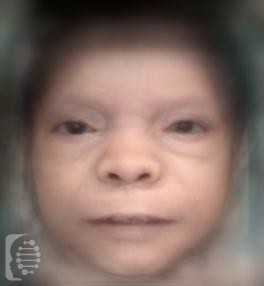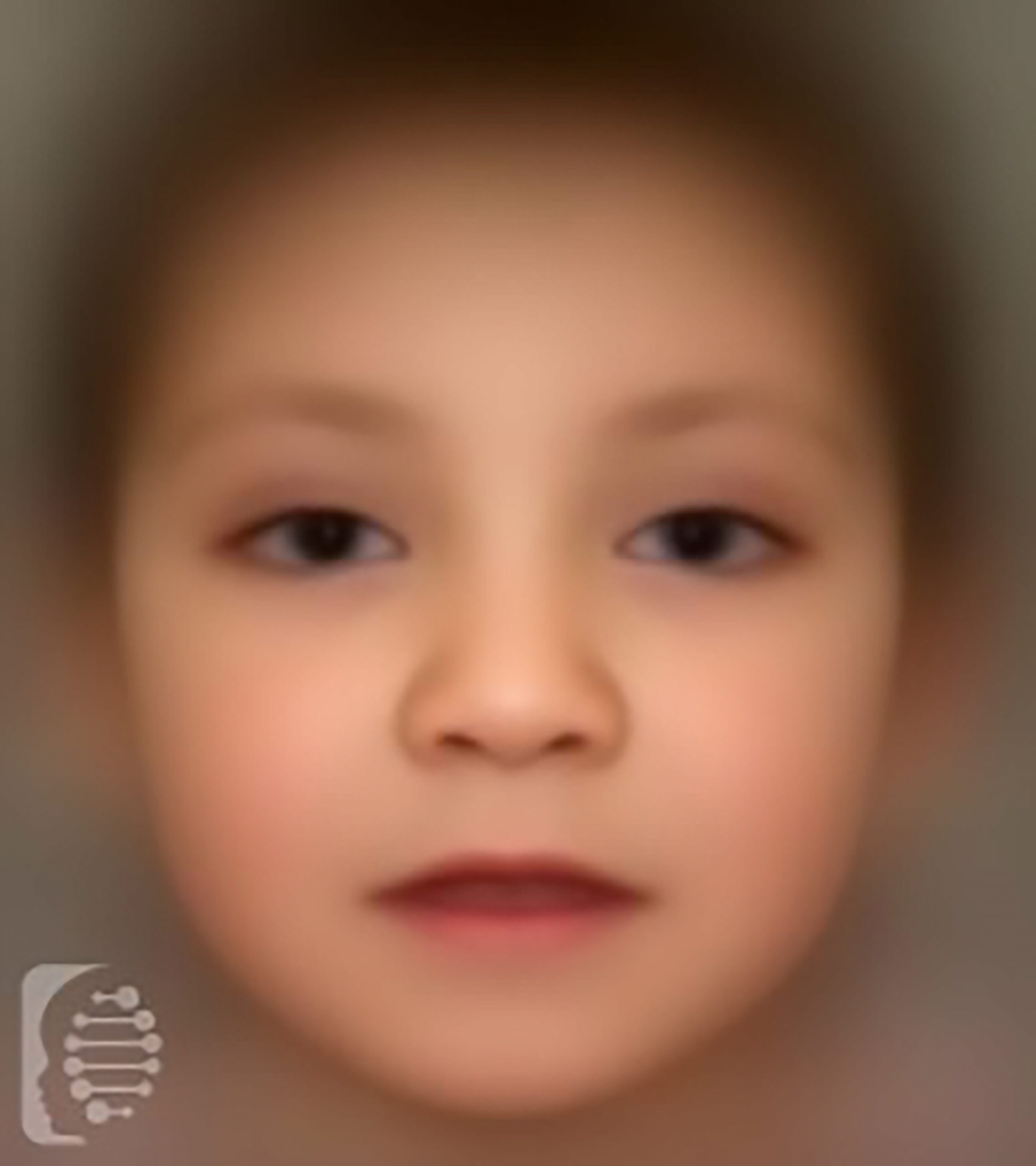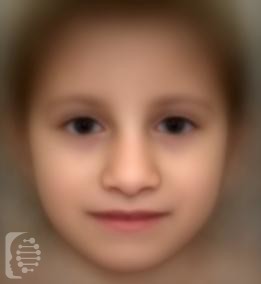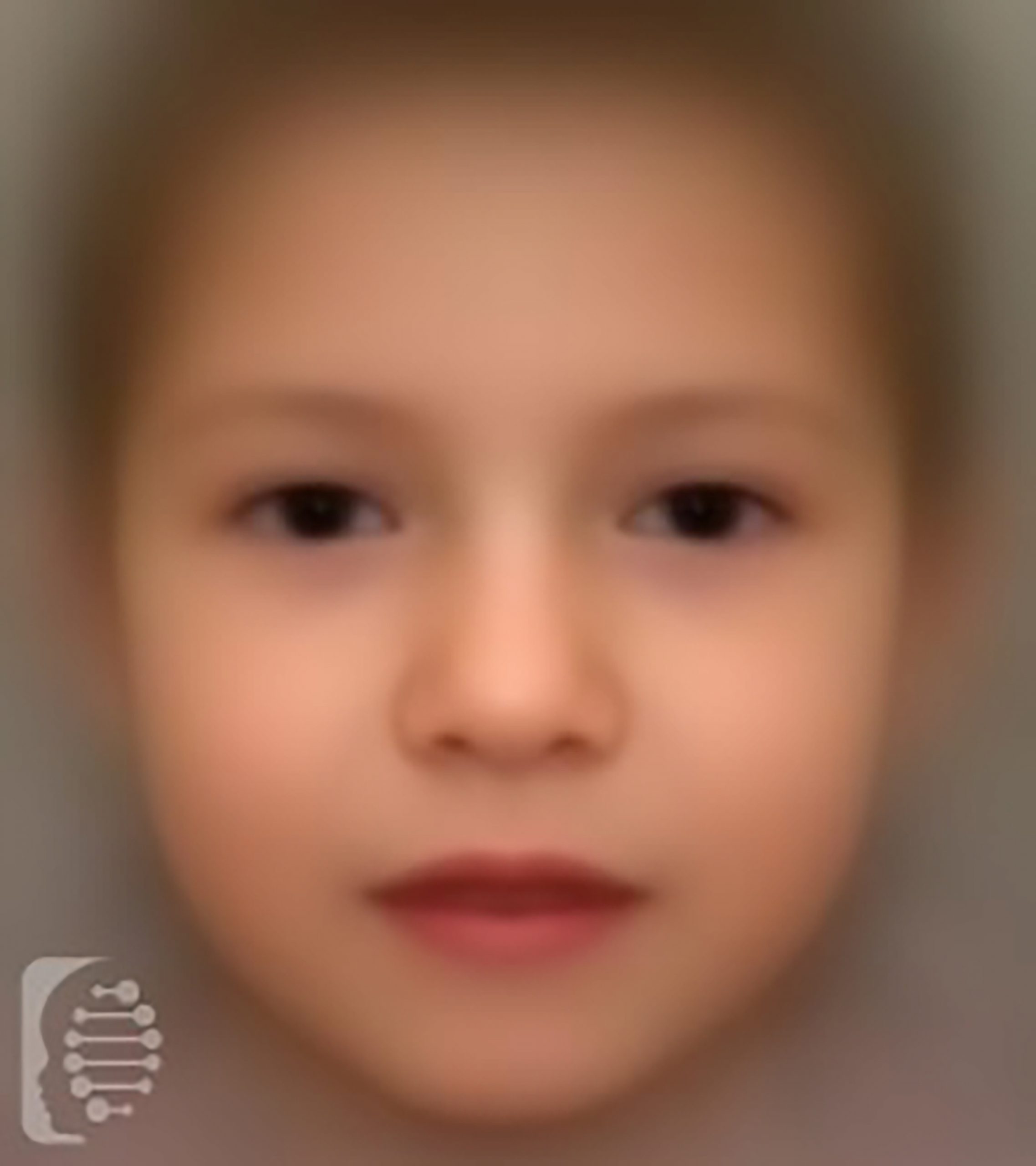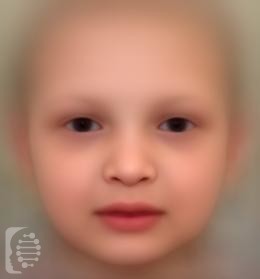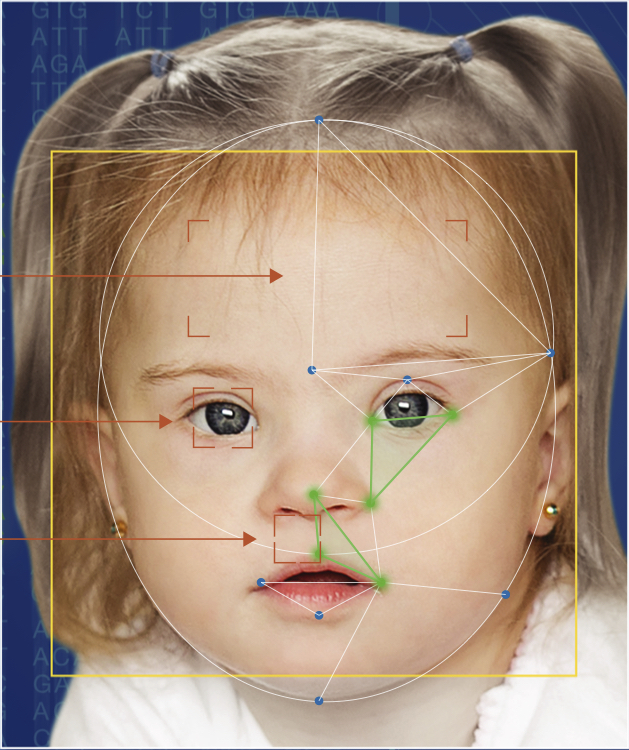Paula and Bobby
Parents of Lillie
Immunodeficiency
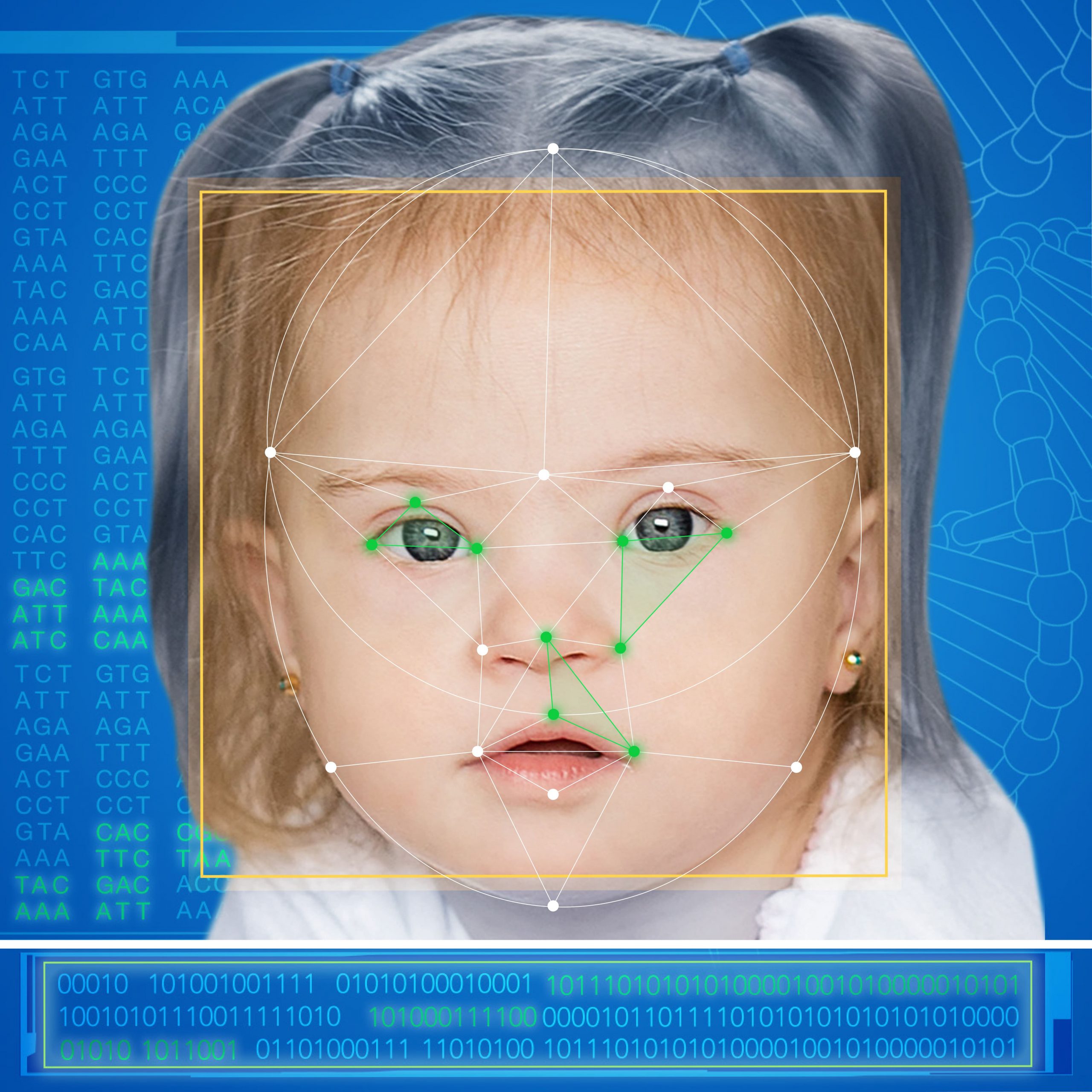
Understanding immune system related symptoms and features.
Symptoms may affect multiple parts of the body. Understanding which part of the body a symptom affects can help us to better understand the potential underlying causes of a symptom, including a rare disease or genetic syndrome.
The immune system is made up of a very complex network of cells and proteins which defend and protect the body against infection. Essentially the immune system is able to remember each and every germ it has defeated before, so should that same germ attack again the body is ready to respond quickly.
Symptoms which affect the immune system may impact on its ability to fight infections, and trigger other medical and health conditions as a result. This can lead to a compromised immune system, recurrent infections and an impact on other parts, systems and functions of the body.
What is immunodeficiency?
Immunodeficiency is the failure of the immune system to defend the body and protect it adequately from infection, due to the absence, malfunctioning or insufficiency of some component, process, or substance.
Immunodeficiency, or immunodeficiency disorders, can be primary, (congenital), or acquired. Immunodeficiency lowers the guard of the immune system, weakening the body’s defenses and allowing infections as well as other health troubles easier access to all its systems.
For people born with immunodeficiency disorders, their bodies are genetically missing some immune defenses, or their immune system is not fully functional. This can present in a mild way that may even go unnoticed until there is a flare-up of some kind, or in more severe cases, can be detected in babies shortly after they are born. Symptoms can range from a tendency to colds, earaches, and congestion, or a higher incidence of warts and eczema, to the risk of rare cancers, hemorrhage, and other serious illness.
Immunodeficiency can also be acquired. The most well-known acquired immunodeficiency disorder is HIV (human immunodeficiency virus) / AIDS (acquired immune deficiency syndrome).
The most common causes of immunodeficiency worldwide are HIV, malnutrition, and unsanitary conditions. However, about one in 500 patients has an innate or primary immunodeficiency.
Some of the autoimmune disorders that weaken the immune system include rheumatoid arthritis, systemic lupus, multiple sclerosis, inflammatory bowel disease (IBS), and psoriasis.
Certain autoimmune disorders cause the body to attack itself. These conditions can also cause the immune system itself to be less effective, which results in immunodeficiency.
Many causes of immunodeficiency are acquired, as the result of another condition. These acquired immunodeficiencies are most commonly linked to malnutrition, stress following surgery, diabetes, cancer of the lymph nodes, anesthesia influences, or chronic viral infections.
When these conditions cause an acquired immunodeficiency, the first step is to seek treatment for the condition that caused the immune disorder. Then it is possible to treat the immunodeficiency to make sure that your body is able to fight off infections and viruses.
What should I do next?
In some instances, immunodeficiency may be one of the features of a rare disease or genetic syndrome. In this case fast, targeted genetic analysis can give you a more accurate diagnosis.
Synonyms:
Decreased immune function, immune deficiency, primary immunodeficiency disorders, congenital immunodeficiency, primary immune disorders, primary immunodeficiency, acquired immunodeficiency, acquired immune disorders
HPO:
0002721
Optional syndromes:
Clarify any concerns you may have and get tested online today!
Schedule Your Online Meeting Now
Synonyms:
Decreased immune function, immune deficiency, primary immunodeficiency disorders, congenital immunodeficiency, primary immune disorders, primary immunodeficiency, acquired immunodeficiency, acquired immune disorders
HPO:
-
0002721
Optional syndromes:
FDNA™ Health can help you with the diagnostic journey.
Learn about child developmental delays: Causes, Symptoms, and Therapies.
Don't wait years for a diagnosis. Act now and save valuable time.
Explore the most detected symptoms in our system (numbers are global and based on the data from 120 countries):
What is FDNA Health?
With the largest global database and a leading decision-support tool using AI, FDNA™ Health enables patients and their families to better understand symptoms and conditions with the goal of shortening the time to diagnosis.
Benefits of FDNA Health
Save valuable time by
learning about possible conditions
and report to your clinician
Advanced AI technology
and leading worldwide clinicians
shortening time to diagnosis
Looking for answers?
Worried about child development?
We are here to help you!




















